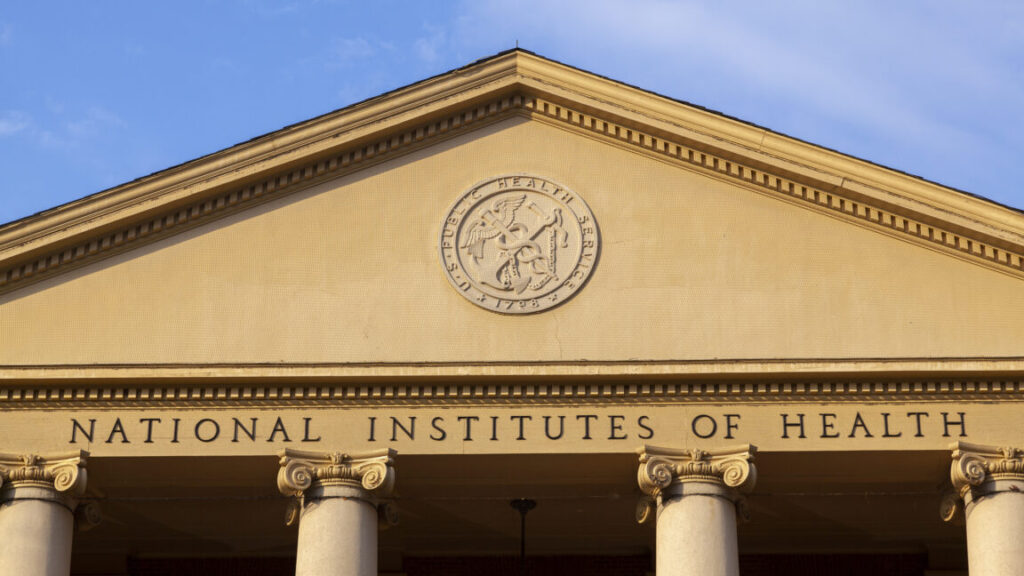As of April 3, Bulls said she had received more than five lists of grants that needed to be terminated, amounting to “somewhere between five hundred and a thousand” grants.
Most grant recipients endure a rigorous vetting process, which can involve multiple stages of peer review before approval, and before this year, Bulls testified that grant terminations at the NIH have historically been rare. There are generally two main types of terminations, she said, for noncompliance or based on mutual agreement. Bulls said that she has been “generally involved in noncompliance discussions” and since she became the director of the office in 2012, there had been fewer than five such terminations.
In addition to the termination letters, Bulls said she relied on the template language provided by Riley to draft guidance to inform the 27 centers and institutes at the NIH what the agency’s new priorities were to help them scrutinize their own research portfolios.
Following the depositions, the Washington state attorney general’s office said that the federal government has refused to respond to its discovery requests. It has filed a motion to compel the government to respond, which is pending.
Riley, Bundesen, Bulls, and Memoli did not reply to ProPublica’s requests for comment.
While the administration did not answer ProPublica’s questions about DOGE and its involvement in the grant terminations, last week in its budget blueprint, it generally justified its proposed cuts at the NIH with claims that the agency had “wasteful spending,” conducted “risky research” and promoted “dangerous ideologies that undermine public health.”
“NIH has grown too big and unfocused,” the White House claimed in its fiscal plan, adding that the agency’s research should “align with the President’s priorities to address chronic disease and other epidemics, implementing all executive orders and eliminating research on climate change, radical gender ideology, and divisive racialism.”
Jeremy Berg, who led the National Institute of General Medical Sciences at the NIH from 2003 to 2011, told ProPublica that the administration’s assessment of the institution was “not fair and not based on any substantial analysis or evidence,” and the proposed cuts “would be absolutely devastating to NIH and to biomedical research in the United States.”
“It is profoundly distressing to see this great institution being reduced to a lawless, politicized organization without much focus on its actual mission,” he said.


